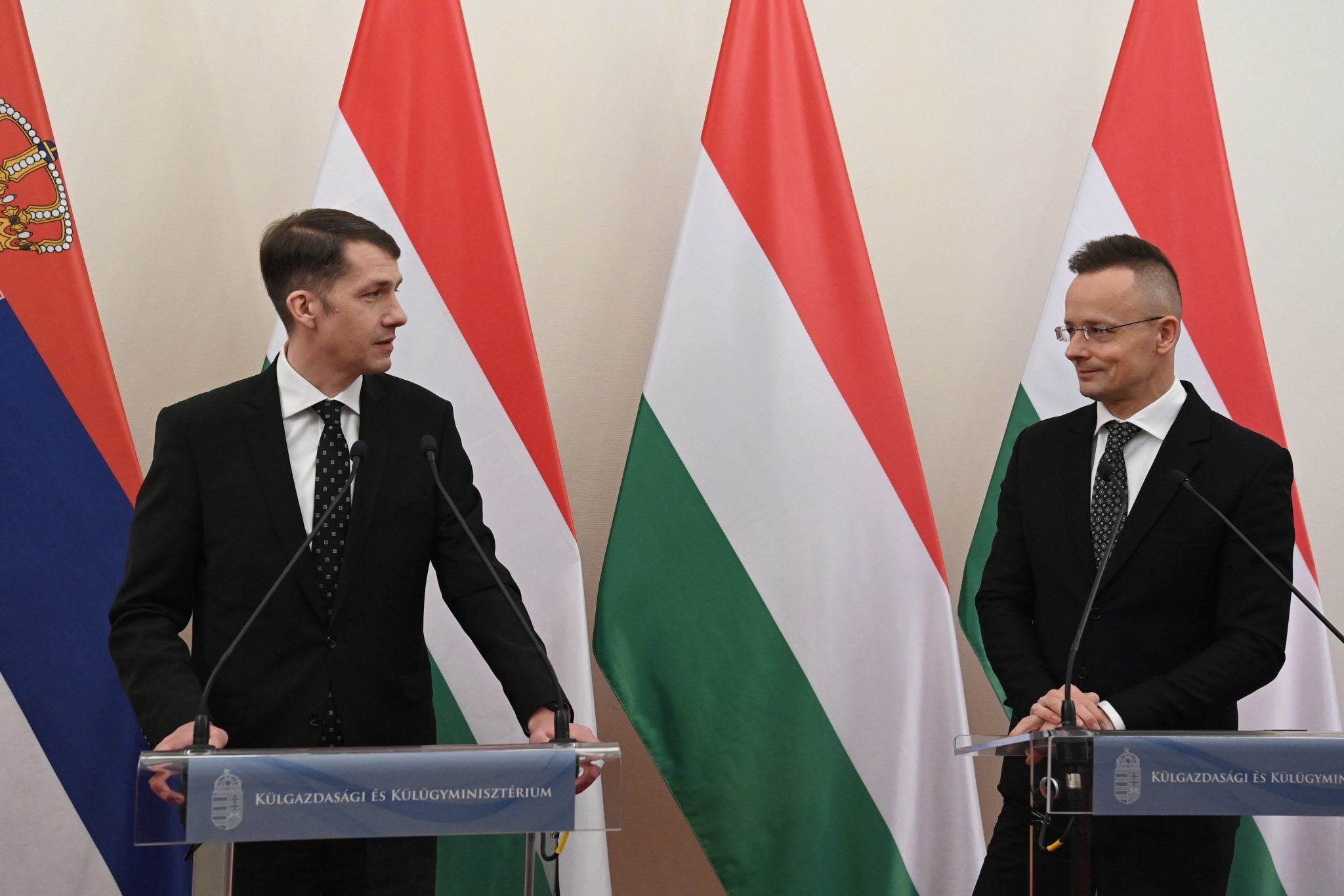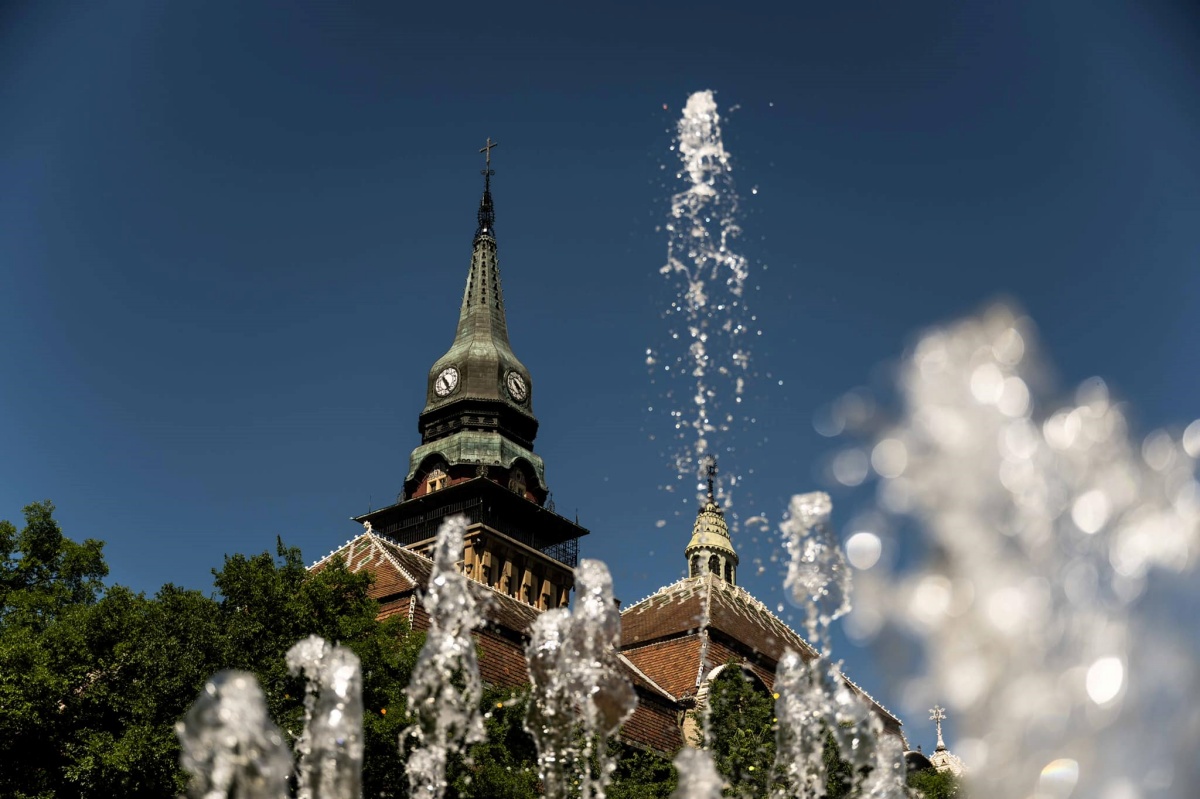
The development of the Hercegszántó border crossing will also soon be launched, announced Péter Szijjártó.Continue reading

Olivér Várhelyi, EU Commissioner for Neighborhood Policy and Enlargement, praised the Hungarian minority in Serbia during his visit to Subotica (Szabadka), where he was invited by the Alliance of Vojvodina Hungarians (VMSZ).
Mr. Várhelyi highlighted that the Hungarian minority in Serbia lives with full respect for its rights, setting an example for Europe.

Olivér Várhelyi (L) with the leader of the VMSZ, Bálint Pásztor. Photo: Facebook / Dr. Pásztor Bálint
He emphasized the significance of minority issues during his tenure at the European Commission, stressing the values that national minorities represent in Europe. He pointed out that the Hungarian minority is not only an integral part of Serbia, but also holds political influence, with representation in the government coalition, a Hungarian faction in the Serbian Parliament, and a Hungarian President of the Vojvodina Parliament. Additionally, Hungarian schools and churches are thriving in Vojvodina.
He reiterated that replicating such inclusivity worldwide, especially for minorities, would significantly improve society.
Regarding EU enlargement, Mr. Várhelyi stated that the EU is prepared to welcome new members. He emphasized that Serbia must fulfill membership conditions for this to occur. He expressed regret over the discouragement caused by the Commission’s 2014 statement against enlargement, which hindered Balkan countries’ progress. He stressed the importance of rebuilding confidence in the region.
W/ Bálint Pásztor, President of the Alliance of Vojvodina Hungarians visited the synagogue in Subotica.
Also held a bilateral meeting w/ members of the VMSZ & the National Council of the Hungarian Ethnic Minority.Our common goal is to speed up the accession negotiations. pic.twitter.com/j0F9Qy68ZS
— Oliver Varhelyi (@OliverVarhelyi) May 14, 2024
Following the meeting, Bálint Pásztor, President of the VMSZ, highlighted the achievements of the past decade, including improvements in the situation of national councils, provincial autonomy, historical reconciliation between Serbs and Hungarians, and the repeal of decisions declaring collective guilt. He noted that some EU Member States still uphold such principles even after 80 years.
Via MTI; Featured Image: Facebook / Szijjártó Péter